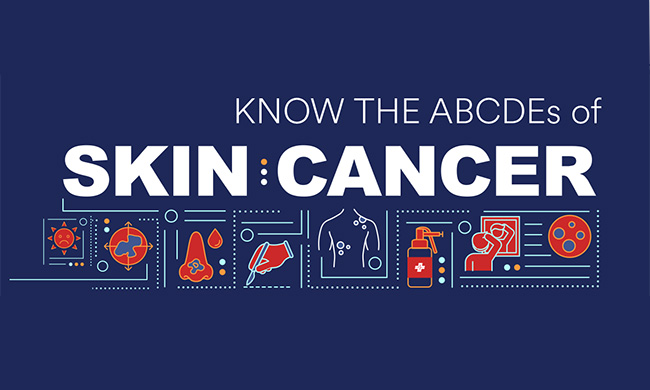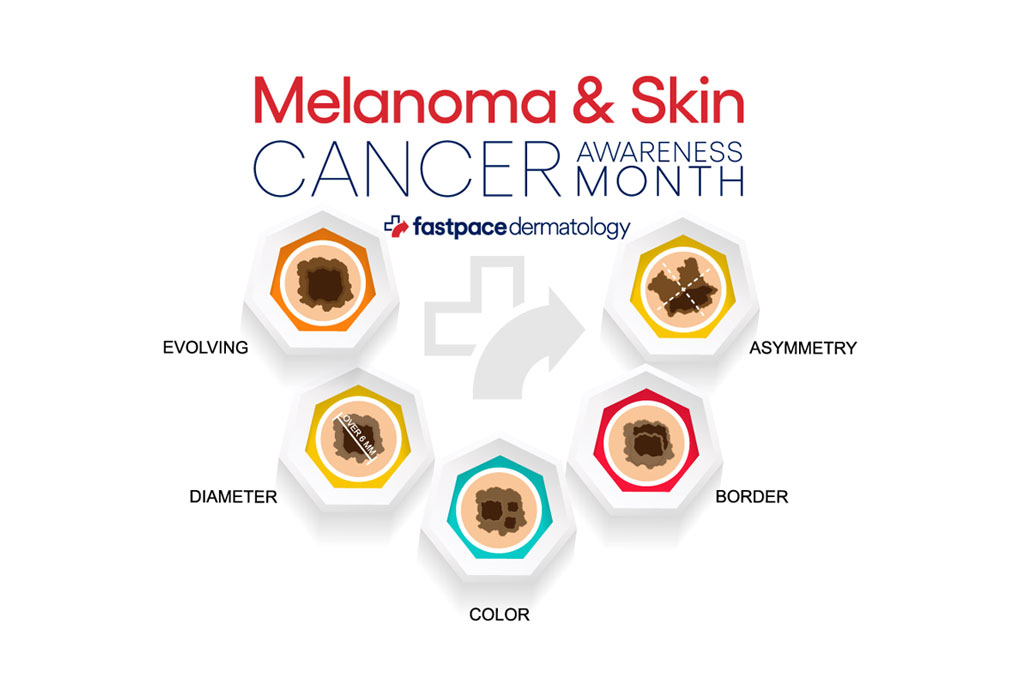
Skin Health for Aging: Tips for Maintaining Healthy Skin
As we age, our skin undergoes numerous changes that can affect its health and appearance. Seniors often face unique challenges in maintaining healthy skin, including dryness, thinning, and increased susceptibility to damage and disease. At Fast Pace Dermatology, we understand the importance of proactive skin care for seniors. Here are some essential tips to help you keep your skin healthy as you age.
Understanding Aging Skin
Aging skin can be characterized by several changes, including:
- Dryness and Itchiness: The skin produces less natural oil, leading to dryness and itching.
- Thinning: The skin becomes thinner and more fragile, making it prone to bruising and tearing.
- Wrinkles and Sagging: Reduced collagen and elastin levels result in wrinkles and sagging skin.
- Sun Damage: Years of sun exposure accumulate, increasing the risk of skin cancer and age spots.
We Recommend Annual Maintenance for Healthy Skin
Many skin diseases involve serious health risks. Simple skin conditions might point to an underlying comorbid disease. Even if the condition is not life-threatening, it may reduce a person’s quality of life and/or limit productivity. Maintaining a regular annual strategy with Fast Pace Health can help to limit these types of serious health risks as you age.
Routine skin cancer screenings are one of the most important aspects of caring for your aging skin. Even if you do not have a history of skin cancer, we recommend that you have a certified dermatology provider examine your skin regularly. According to Sherelen Hodges APRN, DCNP, DNP, a Fast Pace Dermatology Provider, “Routine skin cancer screenings are a critically important aspect of caring for your aging skin. Moles are important to monitor, but many common types of skin cancer associated UV radiation often don’t come in color at all! So having your a dermatology provider monitor your skin with a trained eye can help make the difference in the outcome and health of your skin.”
Regular self-examinations can help you detect changes in your skin early. We recommend that you look for new or changing moles, growths, or spots, and pay attention to any areas that itch, bleed, or don’t heal properly. Maintaining healthy skin as you age generally requires a combination of protective measures, regular monitoring with your provider, and a healthy lifestyle strategy. If you notice anything unusual, schedule an appointment with your dermatology provider at Fast Pace Dermatology.
Help protect your skin further:
1. Protect Your Skin from the Sun
Sun protection is crucial at any age, but it can become even more important as we grow older. Ultraviolet (UV) radiation from the sun can cause significant damage to the skin, increasing the risk of skin cancer and accelerating the aging process. To help protect your skin:
- Wear broad-spectrum sunscreen with an SPF of at least 30, even on cloudy days.
- Reapply sunscreen every two hours when outdoors.
- Wear protective clothing, such as long-sleeved shirts, wide-brimmed hats, and sunglasses.
- Seek shade during peak sun hours, typically from 10 a.m. to 4 p.m.
2. Stay Hydrated
Proper hydration can help maintain healthy skin. As we age, our skin tends to lose moisture more easily, leading to dryness and irritation. To help keep your skin hydrated:
- Drink plenty of water throughout the day.
- Use a humidifier in your home to add moisture to the air.
- Apply a rich, moisturizing cream or lotion daily, preferably after bathing to help lock in moisture.
3. Avoid Harsh Soaps and Hot Water
Using harsh soaps and hot water can strip your skin of its natural oils, leading to dryness and irritation. Instead, we recommed:
- Using mild, fragrance-free cleansers.
- Bathing in lukewarm water rather than hot water.
- Limiting your time in the bath or shower to 10-15 minutes.
6. Eat a Healthy Diet
A balanced diet rich in vitamins and minerals can help promote healthy skin. We recommend that you focus on:
- Consuming plenty of fruits and vegetables for antioxidants.
- Including healthy fats, such as those found in fish, nuts, and avocados, to maintain skin elasticity.
- Staying hydrated by drinking water and eating water-rich foods like cucumbers and watermelon.
7. Avoid Smoking and Limit Alcohol
Smoking and excessive alcohol consumption can have detrimental effects on your skin. Smoking can reduce blood flow to the skin, depriving it of oxygen and nutrients, while alcohol can dehydrate the skin and cause inflammation. Quitting smoking and limiting alcohol intake can help improve your skin’s health and appearance.
Fast Pace Dermatology: Your Partner in Skin Health
At Fast Pace Dermatology, we are committed to helping you maintain healthy skin as you age. Our team of dermatology providers is here to offer comprehensive skin care, including routine skin screenings and personalized advice on skin care practices. Taking a proactive approach to skin health can help you achieve healthy, vibrant skin.
Remember, proactive skin care is essential to help prevent and manage age-related skin issues. Contact us today to learn more about our services and how we can help you achieve optimal skin health.
For more information and to schedule an appointment, visit www.fastpacehealth.com/dermatology.
For more information, visit the following sources:
- American Academy of Dermatology Association: https://www.aad.org/public/everyday-care/skin-care-basics/care/skin-care-in-your-60s-and-70s
- Mayo Clinic: https://www.mayoclinic.org/healthy-lifestyle/healthy-aging/in-depth/aging/art-20046070
- National Institute on Aging: https://www.nia.nih.gov/health/skin-care/skin-care-and-aging
Related Resources


